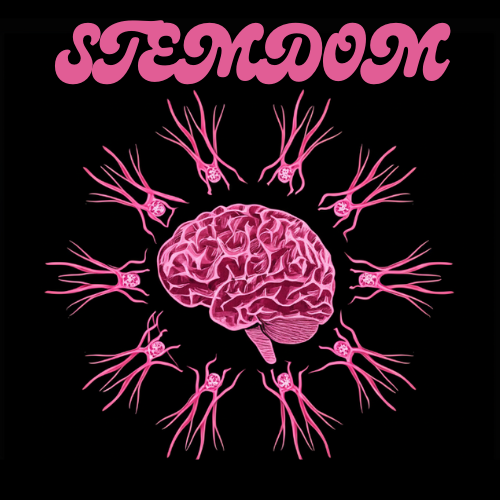Artificial Intelligence vs. the Human Brain
Let’s talk about one of the biggest questions in modern science. Which is truly more powerful: the minds we are born with or the ones we have built?
The Basics: Wetware vs. Hardware
Picture this. Your brain weighs about 1.4 kilograms, feels like soft jelly, and contains roughly 86 billion neurons firing together like an orchestra that never misses a beat. It controls your emotions, creativity, logic, memory and movement. It does all of this while running on just 20 watts of energy. That is less than a phone charger.
Now meet AI. It runs on code and electricity. It processes information using artificial neural networks inspired by how our brain’s neurons work. But AI does not need sleep. It does not cry when watching a Pixar movie. And it never suddenly decides it wants ice cream after a bad day. It is lightning fast with data and calculations, but that does not make it human.
Learning: Experience vs. Exposure
Humans learn through life. We make mistakes. We remember moments. We feel things. And sometimes we learn because a teacher looked us in the eye and said, “You can do better.” Our brains rewire themselves in a process called neuroplasticity. It is messy, personal and unique to every one of us.
AI learns by being fed data. A lot of it. Give it millions of cat videos and it will spot a cat in a new picture, even if that cat looks suspiciously like a loaf of bread. But AI does not understand cats. It only recognizes patterns. This is called machine learning.
Emotions and Ethics: Can AI Care?
Humans feel deeply. We know joy, empathy, frustration, nostalgia and that strange sadness you get when you finish a great book. These emotions guide our choices, even when they are not perfect.
AI feels nothing. It can pretend, like when a chatbot says “I am here for you,” but there is no awareness behind those words. There is no soul and no moral compass. That is why AI still needs human supervision. It cannot decide what is right. It can only decide what works.
Who’s Better at What?
| Task | AI | Human Brain |
|---|---|---|
| Calculations | Extremely fast | Slower but flexible |
| Creativity | Can imitate | Can truly create |
| Emotional intelligence | Programmed | Genuine |
| Learning from life | Needs endless data | Can learn from one moment |
| Energy use | High | Only 20 watts |
| Conscious thought | None | Present most of the time |
Final Thoughts
So who wins? AI or the human brain?
The truth is, this is not a fight. AI is a tool. It is powerful, but it cannot dream. It cannot love music. It cannot feel the thrill of an idea that appears out of nowhere in the middle of the night.
The human brain is still the most complex thing we know of in the entire universe. AI can help us understand it better, heal it when it is hurt and even push its limits. But for now, it cannot replace it.
